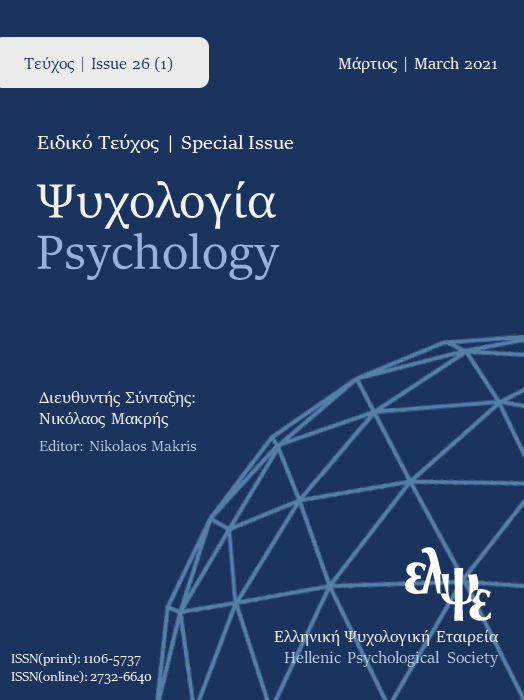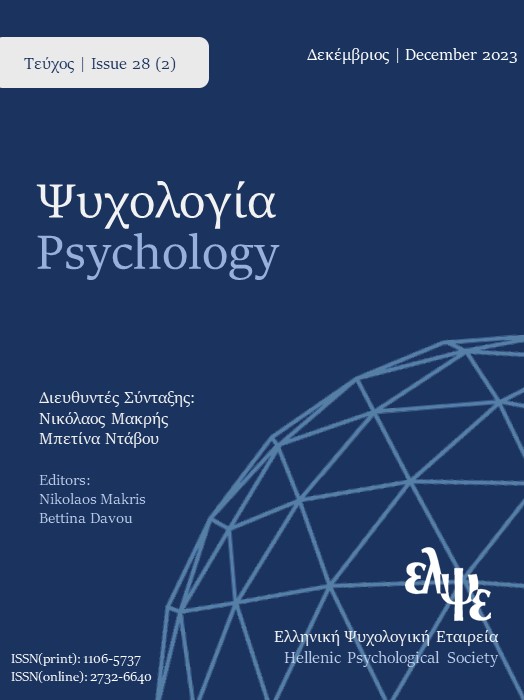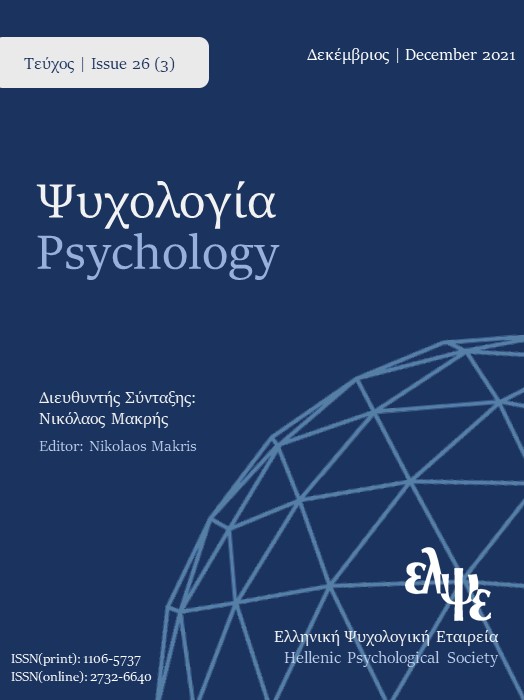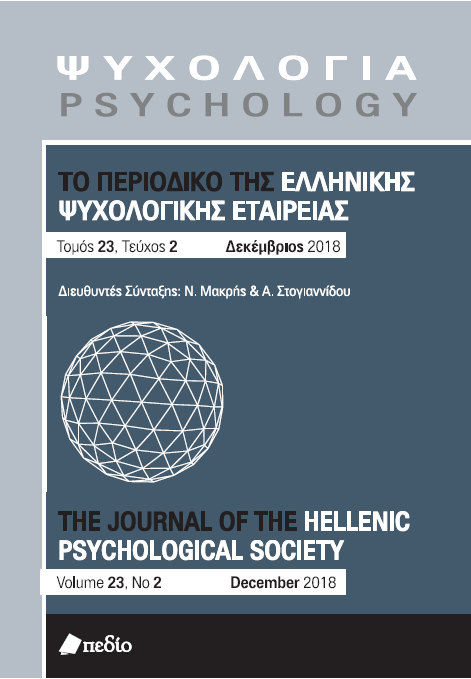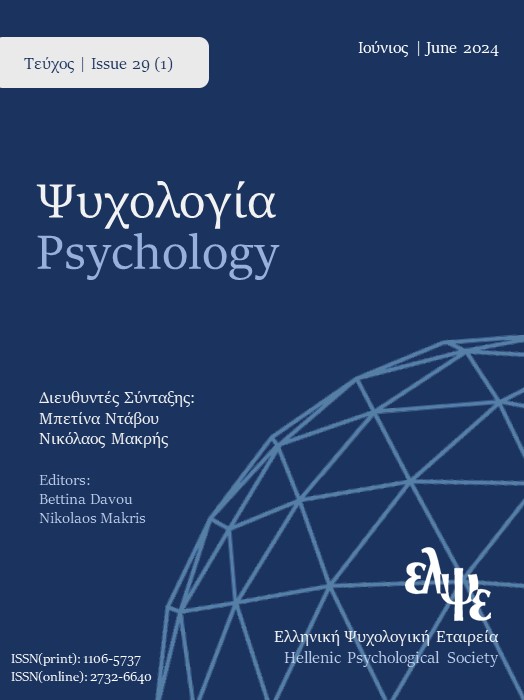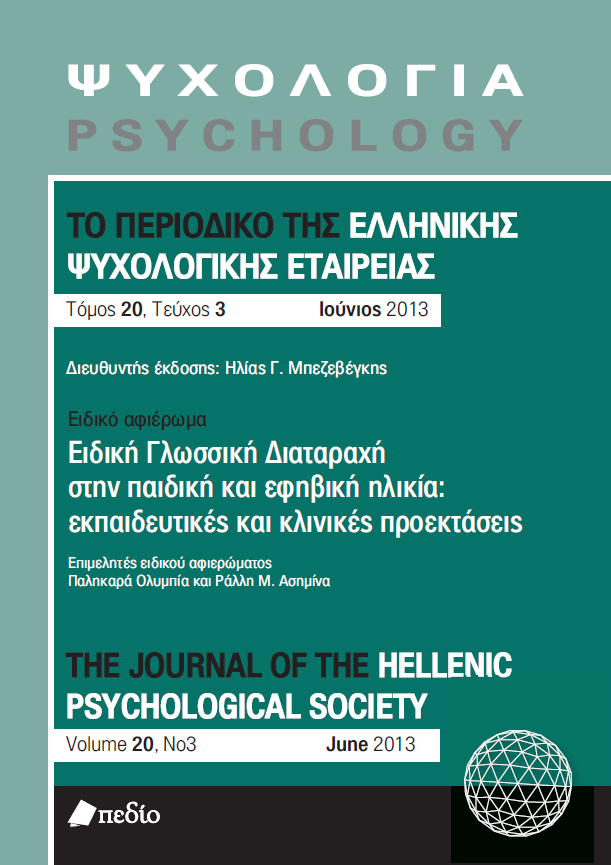School Readiness Assessment Scale: construction and Psychometric properties
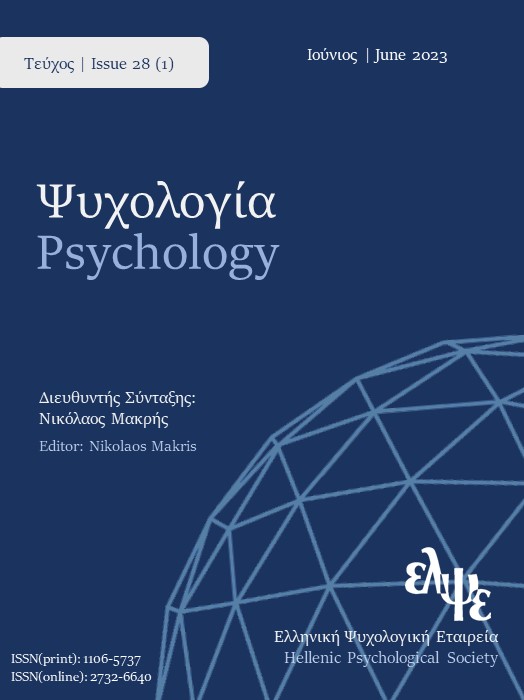
Abstract
Children’s school readiness has been recognized as an important predictor of preschoolers’ adjustment in primary school. Although the relevant literature has emphasized in the importance of School Readiness, there are very few tools in Greece. The purpose of this study was to construct and test the psychometric features of a new School Readiness Assessment Scale (K.A.S.E.P.P.I.). The construction of the scale was based on: (a) the relevant liteature, (b) Greek Curriculum and (c) teachers’ perceptions about school readiness (preschool and 1st grade teachers). In study 1 24 preschool teachers completed the scale for 102 preschool children aged 5-6 in order to explore its structure and reliability. Then, in a second study, 80 preschool teachers (40 general education teachers and 40 special education teachers) completed the K.A.S.E.P.P.I. for 280 preschool children aged 5-6 (200 of typical development and 80 children with Special Educational Needs) in order to confirm Scale’s structure and explore its concurrent validity. The following year, 280 children were re-evaluated for their respective primary school skills to explore the predictive validity of the K.A.S.E.P.P.I. The relevant analyses highlighted two key factors (learning skills and socio-emotional skills) within the Scale with six sub-factors (oral language, literacy skills, mathematical skills, motor skills, self-regulation skills, and autonomy & social interaction skills). It also emerged that the Scale is characterized by high levels of reliability as well as concurrent and predictive validity. The results are discussed regarding the utilization of K.A.S.E.P.P.I. by the preschool teachers, and other experts for the assessment of children’s school readiness.
Article Details
- How to Cite
-
Tsaoussi, D., Ralli, A. M., Roussos, P., & Antoniou, F. (2023). School Readiness Assessment Scale: construction and Psychometric properties. Psychology: The Journal of the Hellenic Psychological Society, 28(1), 292–315. https://doi.org/10.12681/psy_hps.25554
- Section
- RESEARCH PAPERS

This work is licensed under a Creative Commons Attribution-ShareAlike 4.0 International License.
The journal PSYCHOLOGY adopts a Platinum open-access policy. Submission, processing or publication costs are waived by the Hellenic Psychological Society. Papers published in the journal PSYCHOLOGY are licensed under a 'Creative Commons Attribution-ShareAlike 4.0 International' licence. The authors reserve the copyright of their work and grant the journal the right of its first publication. Third-party licensees are allowed to use the published paper immediately after publication as they wish, provided they retain the defined by the license copyright formalities, regarding the reference to its author(s) and its initial publication in the journal PSYCHOLOGY. Moreover, any adjusted work should be shared under the same reuse rights, so with the same CC license.



